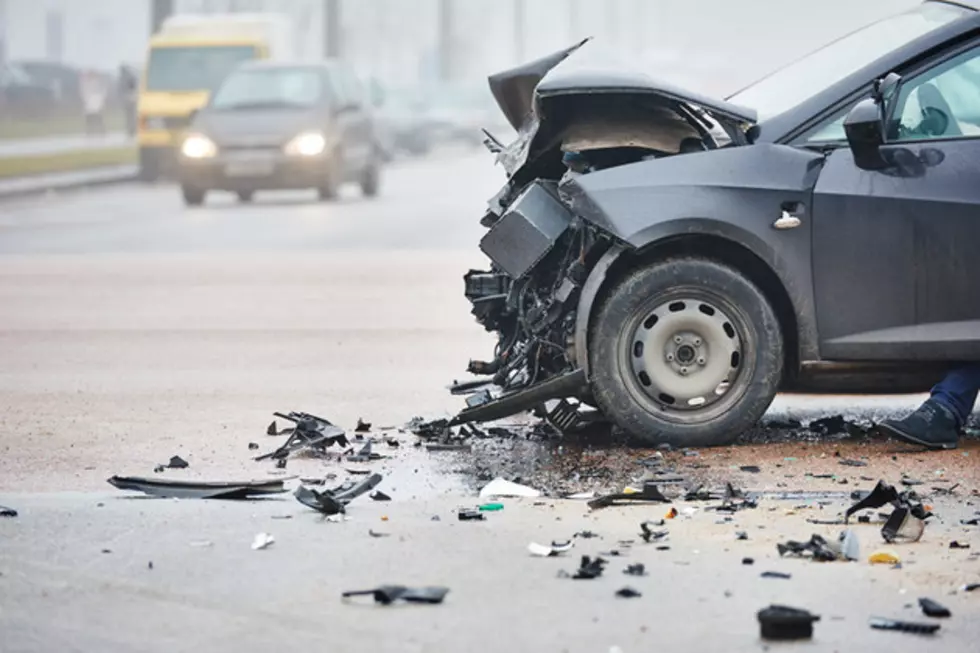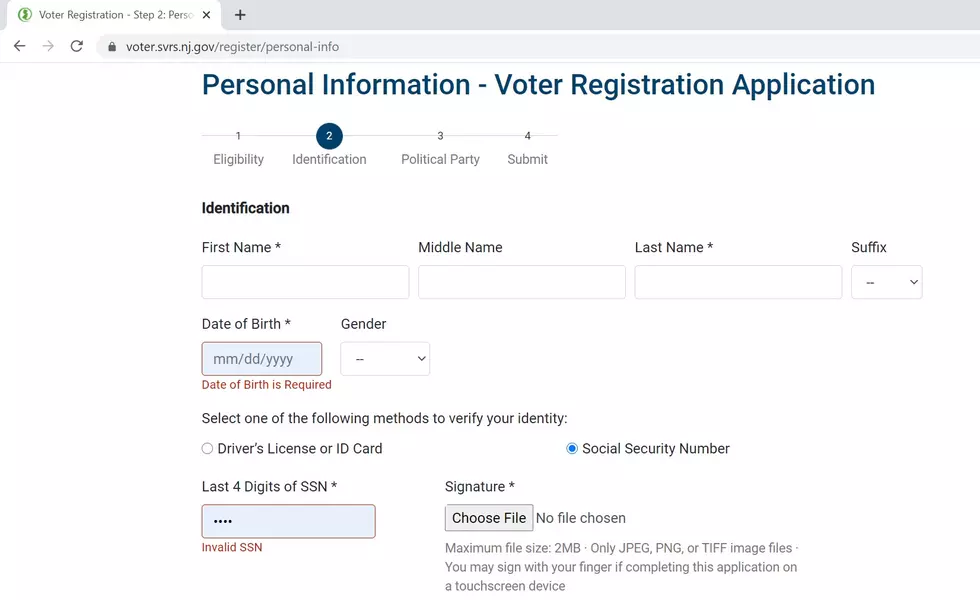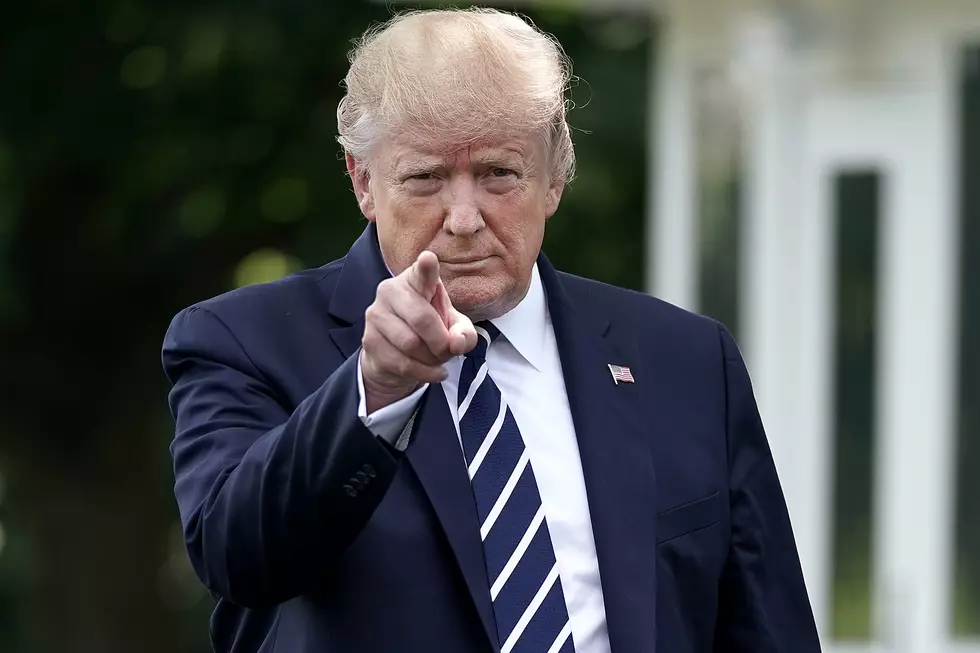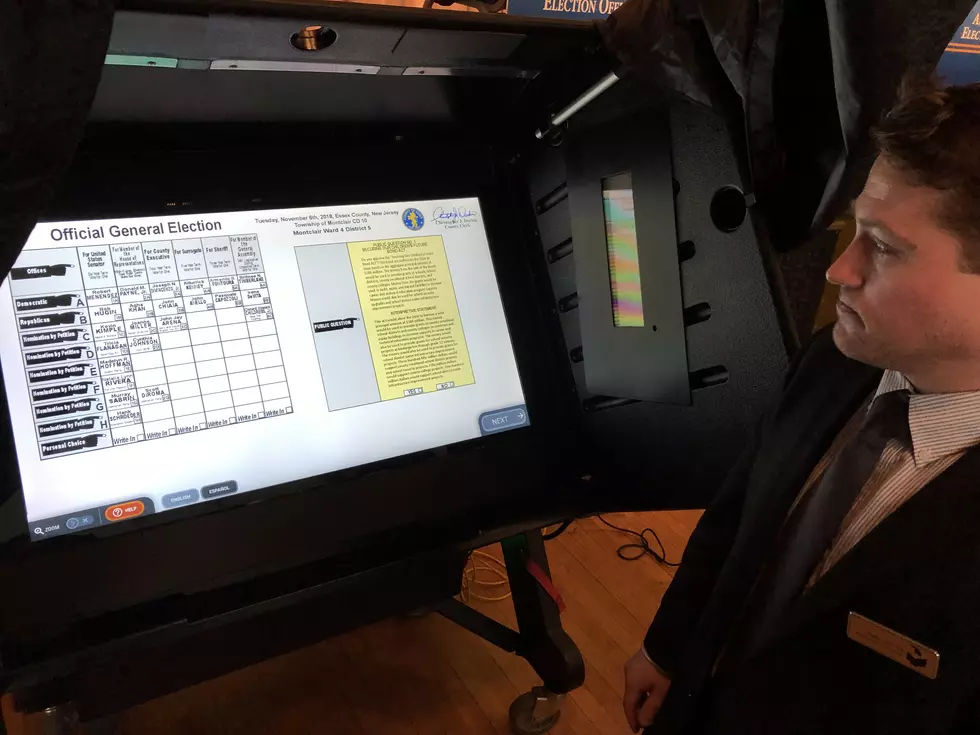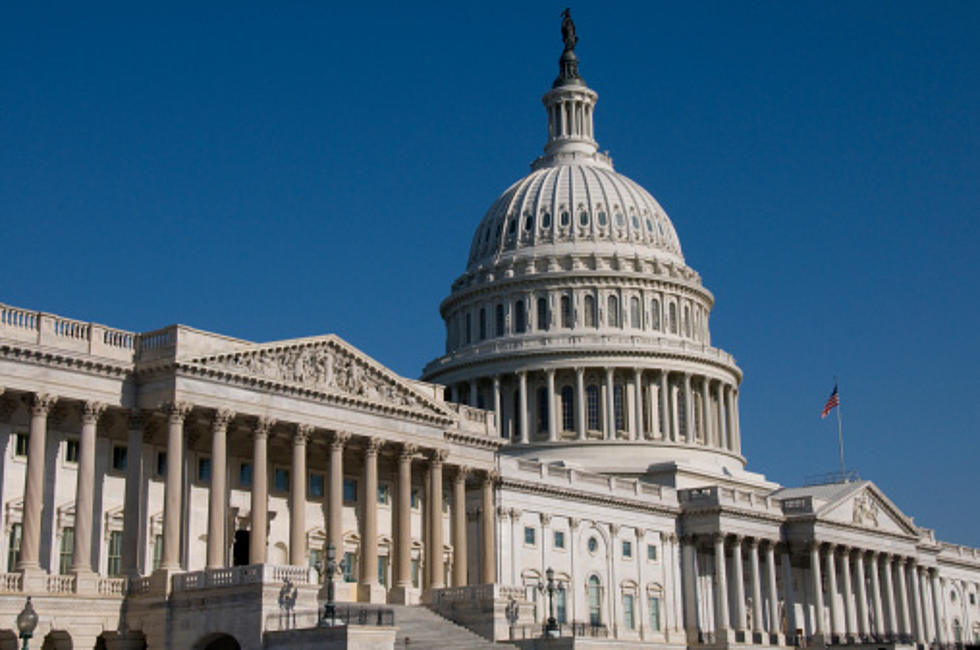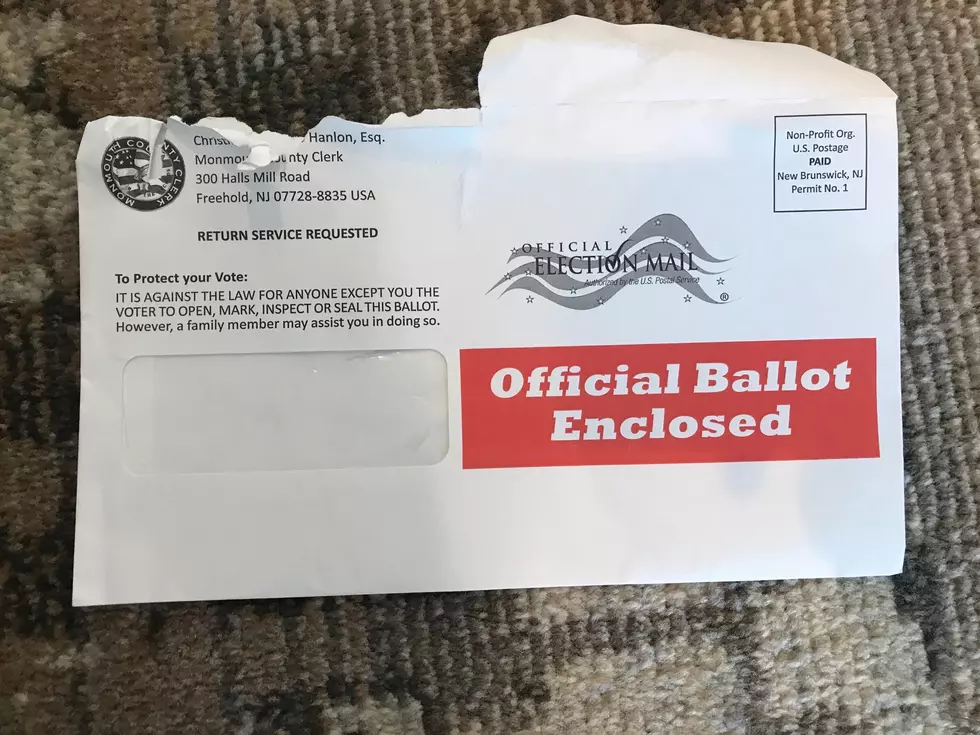
NJ’s primary is Tuesday, though critics say winners pre-determined
New Jersey’s delayed primary election is Tuesday, though skeptics would argue the contests were decided months ago when the political parties decided which candidates to endorse.
A new research paper by a Rutgers University associate professor summarizes the ways that county clerks design primary election ballots helps shape the outcome of the elections, reinforcing the power of party insiders over the voters themselves.
“New Jersey primary ballots are unlike those used by any other state,” said Julia Sass Rubin, an associate professor at Rutgers’ Edward J. Bloustein School of Planning and Public Policy and a New Jersey Policy Perspective trustee.
“We are a unique case in this country, but it does not need to be that way,” said Brandon McKoy, NJPP’s president.
The study says that in all other states and Washington, D.C., primary ballots are organized by the position being sought. In some places, such as Connecticut and Rhode Island, the party-endorsed preferences are marked with a star.
In 19 of New Jersey’s 21 counties, the primary ballots used by most voters are organized around the endorsed slate of candidates that receives the “county line” or “party line.” Salem and Sussex counties, as well as the Republicans in Morris County, are the only exceptions.
Other candidates are placed in other rows and columns, with unbracketed candidates placed to the side of long gaps of white space in what election law attorney Brett Pugach calls “ballot Siberia.”
“And this really has an impact on democracy because what’s happened over time is that the advantage that comes with this endorsement and being placed on the ballot line,” Pugach said. “It’s basically become getting the county line has become synonymous with winning the election.”
“This bad ballot design is a feature of our ballots with the county line, it’s not a bug,” Rubin said. “Most bad ballots are an accident, like the butterfly ballot in 2000 in Florida. In New Jersey, our regulations surrounding ballot design allow these distortions, which confuse and mislead voters.”
An analysis last summer by the Communications Workers of America found no state legislators who sought re-election on the line had lost a primary in New Jersey from 2009 to 2018.
“So what that leads to is a situation where candidates have become beholden to unelected party chairs rather being accountable to voters,” Pugach said.
“It’s gerrymandering of the ballot, used by those in power to protect seats and predetermine election outcomes,” said Jesse Burns, executive director of the League of Women Voters of New Jersey. “Candidates should have to earn votes from those they wish to serve, not earn blessings from party bosses.”
Pugach said the current system has been in place for a long time but not forever. A 1930 state law banned party endorsements in primaries, but that was rendered unconstitutional by a U.S. Supreme Court decision in 1989 in a case out of California.
“And since then it’s kind of been … a big power grab for some of the parties and a big concentration of power to the parties,” said Pugach, who said other new laws and increased discretion to county clerks have also been factors. “A lot of party actors have figured out how to manipulate the system and seem to be getting better and better at doing that.”
This week’s primary offers a chance to see how the ballot design affects voter behavior.
Some counties for the first time are using bubble ballots, in which a voter fills in a circle next to a candidate’s name, and eliminating the typical rows and columns. That’s being done in part because the election is being done mostly by mail, rather than on a machine that dictates some of the ballot design.
There’s also a potentially interesting test case in the 2nd Congressional District, which includes eight counties, all with different ballots and approaches. It features a highly competitive Democratic primary, in which Will Cunningham, John Francis, Brigid Callahan Harrison, Amy Kennedy and Robert Turkavage are jockeying to take on Rep. Jeff Van Drew, the Democrat-turned-Republican who must first fend off a conservative challenge from Robert Patterson.
In this year’s other congressional primaries in New Jersey:
- U.S. Sen. Cory Booker has the Democratic Party establishment's support for re-election but first faces activist Lawrence Hamm in the primary. Five Republicans are seeking the GOP's nomination: Eugene Anagnos, Tricia Flanagan, Rik Mehta, Natalie Lynn Rivera and Hirsh Singh. Mehta has the most county lines.
- In the 1st District, there are no contested races. Democratic Rep. Donald Norcross will face Republican Claire Gustafson in the general election.
- In the 3rd District, Republicans Kate Gibbs and David Richter are battling to see who will face Democratic Rep. Andy Kim in a swing district. The district includes parts of Burlington and Ocean counties, and the GOP organizations split their endorsements.
- In the 4th District, long-time Rep. Chris Smith faces Alter Eliezer Richter in the Republican primary. Stephanie Schmid is the Democratic Party’s endorsed candidate but faces David Applefield and Christine Conforti in the primary.
- In the 5th District, Rep. Josh Gottheimer faces a progressive challenge by Arati Kreibich. Republicans have a multi-candidate primary featuring James Baldini, Hector Castillo, John McCann and Frank Pallotta, in which Pallotta has the line in Passaic, Sussex and Warren but McCann does in Bergen.
- In the 6th District, U.S. Rep. Frank Pallone is joined on the Democratic ballot by challengers Amani Al-Khatahtbeh and Russ Cirincione. No Republicans filed for the primary.
- In the 7th District, Republicans have endorsed state Senate Minority Leader Tom Kean Jr. as their preferred candidate to challenge Rep. Tom Malinowski in a swing district. But Kean must first defeat Raafat Barsoom and Tom Phillips in the GOP primary.
- In the 8th District, Democratic Rep. Albio Sires is being challenged by Hector Oseguera, who is running under U.S. Sen. Bernie Sanders’ ‘Not Me. Us’ slogan, and Will Sheehan. Republicans are nominating Jason Todd Mushnick.
- In the 9th District, U.S. Rep. Bill Pascrell has two challengers in the Democratic primary: Alp Basaran and Zinovia Spezakis. Two Republicans are on the ballot: Billy Prempeh and Timothy Walsh.
- In the 10th District, there are two Democratic challengers – John Flora and Eugene Mazo – seeking to defeat Rep. Donald Payne Jr. Republicans are nominating Jennifer Zinone.
- In the 11th District, there are no primary contests, so the general election matchup appears set: Democratic Rep. Mikie Sherrill will face Republican Rosemary Becchi.
- In the 12th District, Democratic Rep. Bonnie Watson Coleman faces a primary challenge from Lisa McCormick. Republicans are nominating Mark Razzoli.
The primary is Tuesday but is mostly being conducted by mail or through designated dropboxes. Some of those ballots have already been submitted, and ones that arrive as late as July 14 will be counted as long as they are postmarked by Tuesday, July 7.
People can also vote Tuesday in person. Fewer polling places than usual will be open. Most people who vote in person will fill out paper provisional ballots, except those with disabilities. Provisional ballots are being used so counties can check to make sure a person didn’t vote both by mail and in person.
More From Townsquare Media:

”Signs
More From Beach Radio
